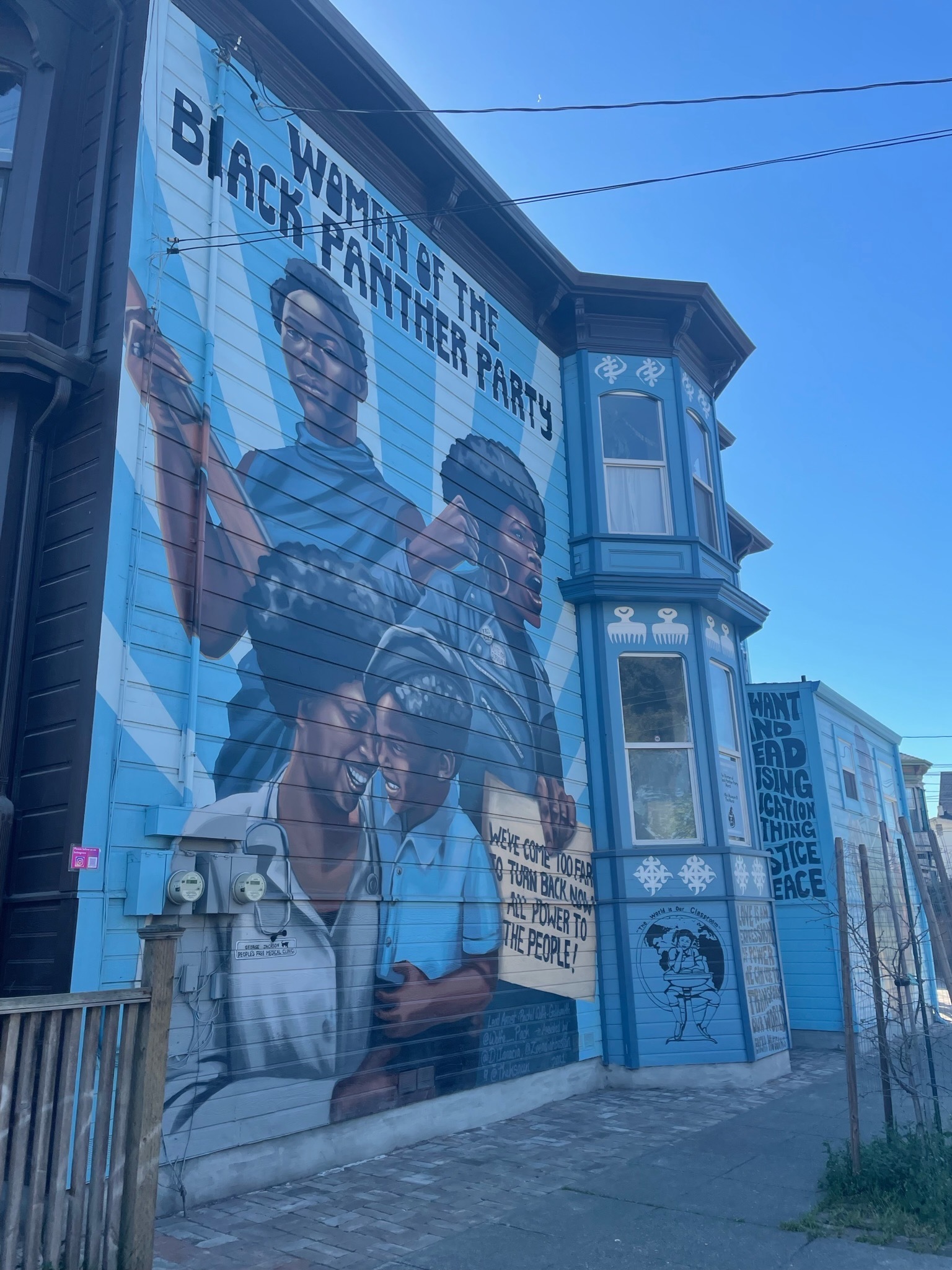Students on Alternative Spring Break trips (ASB) will soon begin their travels to Washington D.C., Portland, New York City and various parts of California, after spending winter quarter in a one-unit, student-taught courses about issues such as technology, violence, affordable housing, queer health and Pilipinx and Asian American issues.
The trips are planned by student leaders, who came up with the ideas for their trips, planned and led the winter quarter class and selected trip participants from a pool of applicants. The whole class then spends a week on their trip doing “experiential learning” advised by the Office of Student Engagement (OSE) and funded through grants provided by the Associated Students of Stanford University (ASSU).
Ananya Karthik ’23 and Bella Raja ’24 are leading a trip to D.C. to examine technology, violence and morality.
Raja said that she was inspired to co-lead the D.C. trip due to her background in tech ethics. “We wanted to get more engaged because tech ethics at Stanford is great at identifying these problems, and it’s great to articulate a problem and think critically about it, but now what?” Raja said. She added that she and Karthik hoped to introduce their peers to creating change and building connections across companies, policy makers and advocacy groups.
In D.C., Raja and Karthik, along with their group of 12, plan to visit the White House to meet with a representative from the Office of Science and Technology Policy, sit down with congresspeople and visit the Brookings Institution and the United States Holocaust Memorial Museum. “I’m looking forward to meeting with congresspeople. We have so many cool opportunities at Stanford to hear from speakers but not necessarily to have a back-and-forth,” Raja said.
Amy Zhai ’25, who is co-leading the Asian American issues ASB trip with Brianna Virabouth ’25, participated in the same trip last year and said that it inspired them to lead it this year. Zhai and Virabouth are working with around 12 organizations around the Bay Area involved in Asian American activism and plan to meet with all of them via individual visits, as well as attending an activist conference at the University of California, Berkeley.
Virabouth said that though the class was originally quiet, they’ve grown comfortable with each other. “I’m really excited to see how much further our class community can really form a true and deep bond… beyond the classroom aspect we’ve had all quarter,” Virabouth said. “It’s a silly group of people coming together with one common interest.”
Zhai said they look forward to having dinner with Chinese Progressive Association founders and activists Pam Tau Lee and Ben Lee. “They’re really amazing people… I think it will be good for people in our class to hear from [people] who played a role in shaping [Asian American activism],” they said.
A first-time ASB trip is off to Portland to learn more about real estate affordability and legal access. “It’s a topic that’s really close to home for me as a low-income student, as a person who grew up a renter their entire life,” co-leader Steven Li ’24 said. “To have the privilege of a funded spring break opportunity is so rare. Being able to go somewhere for spring break and to offer us the opportunity to dedicate time to an issue you’re passionate about… that accessibility to people at Stanford is huge.”
Both Li and his co-leader Nicole Tong ’24 are from the Chicago area and have never been to Portland, but Li said that they chose Portland as the trip’s location because of its issues with housing insecurity, homelessness and legal access to eviction rights. “I’m just super excited to engage with the organizations we’ve been communicating with. It’s one thing to learn about it and hear about it, but then to actually be there in person… helping them and learning from them,” he said. Among the nonprofits the cohort plans to visit in Portland are the Rose Community Development Center, which has several affordable housing projects, as well as a homeless center, Operation Nightwatch.
Cohort member Alana Esposito ’26 said that she applied after hearing about the trip from Li. “We’ve focused on affordable housing from both the policy lens and the people lens, which I think is really valuable,” she said.
Esposito said that she feels that having the class be student-led is what makes it special and puts less pressure on people to have really polished answers in discussions. “That sort of dynamic is really good for academic engagement,” she said.
Li and cohort member Esposito both described ASB as a service learning trip and said that they are focused on providing as much service as they can. “Service learning can be something that has an imbalanced power dynamic and savior complexes,” Esposito said. “[Li and Tong] make sure we’re engaging with communities very intentionally and that we’re giving them a benefit as much as we’re benefitting from the ability to learn from them.”
A previous version of this article misstated ASB’s funding source. The Daily regrets this error.
